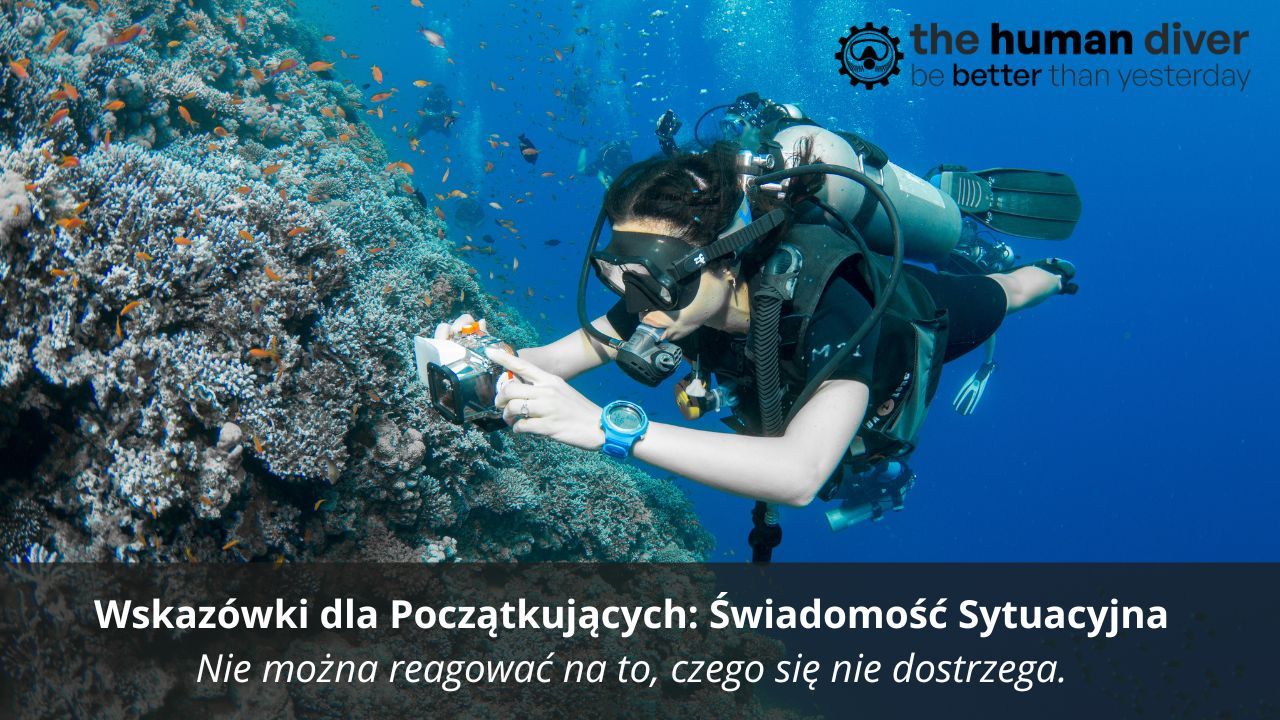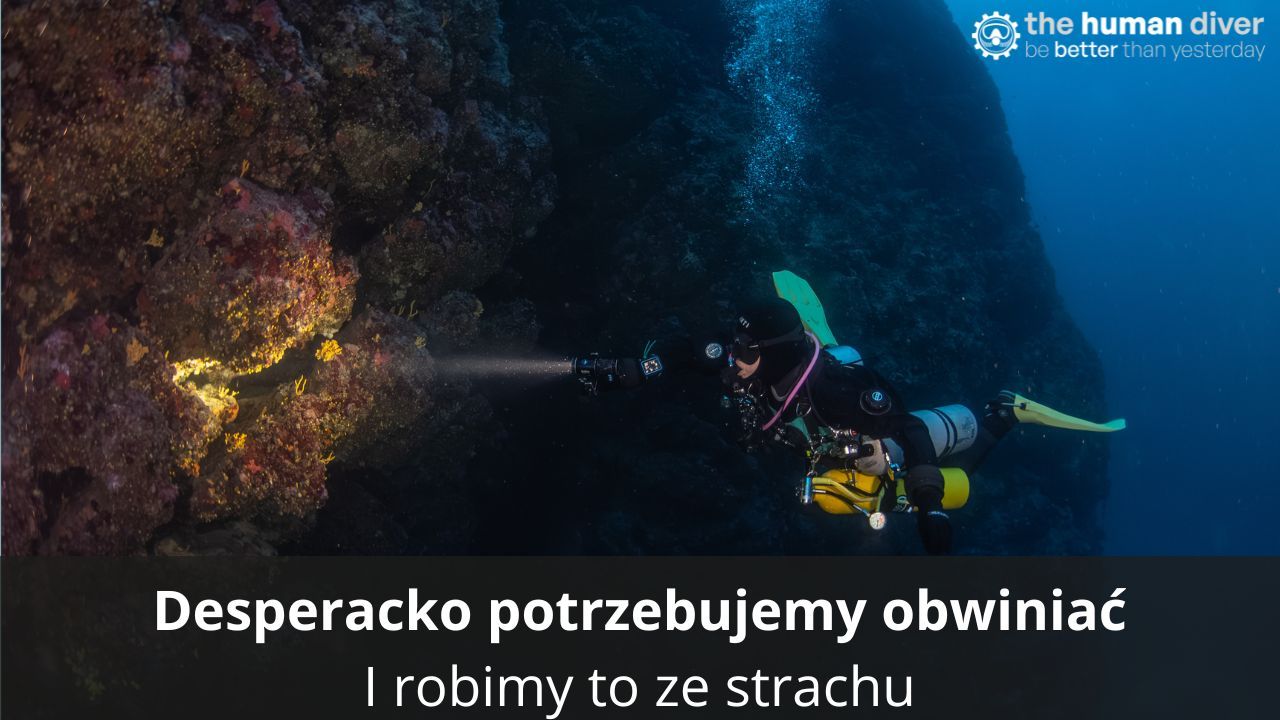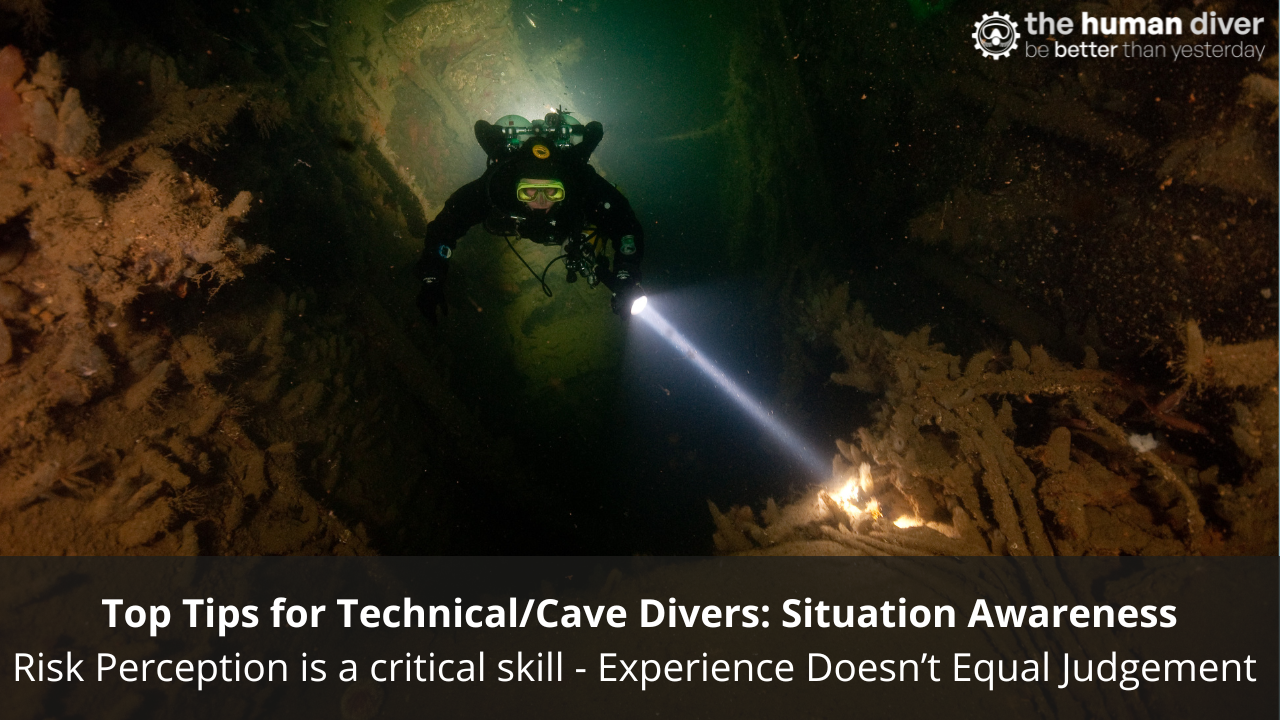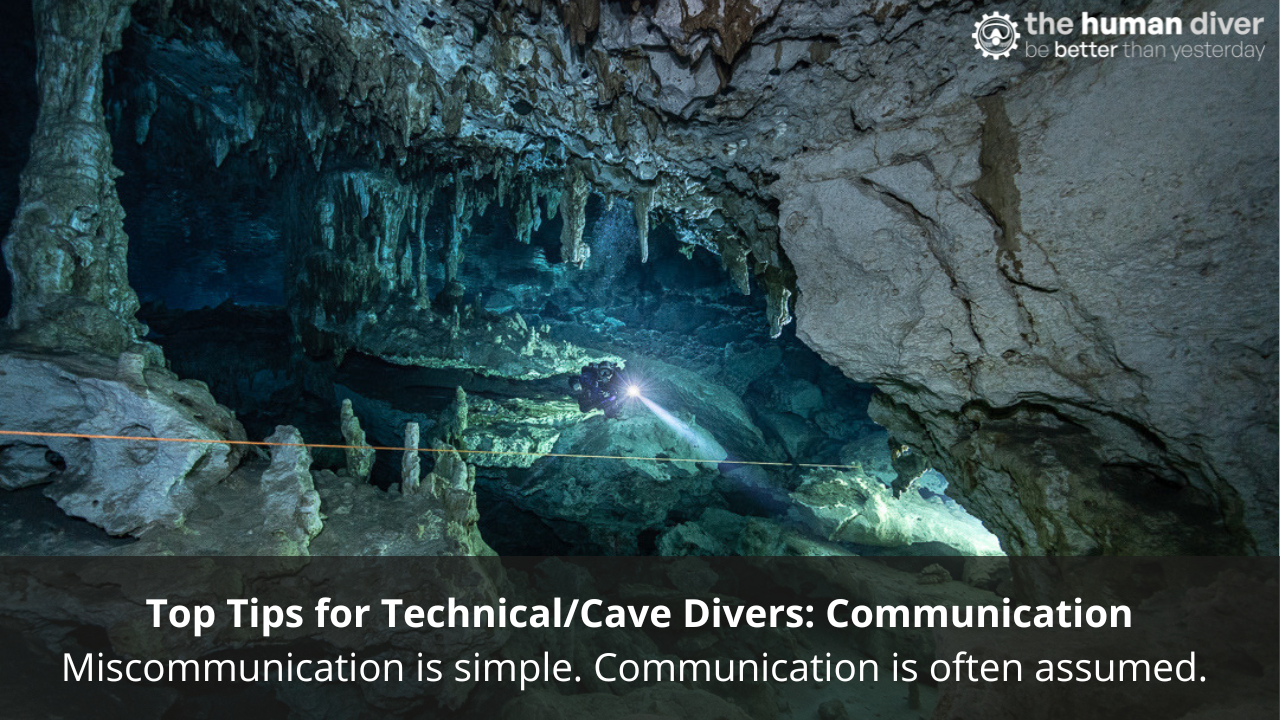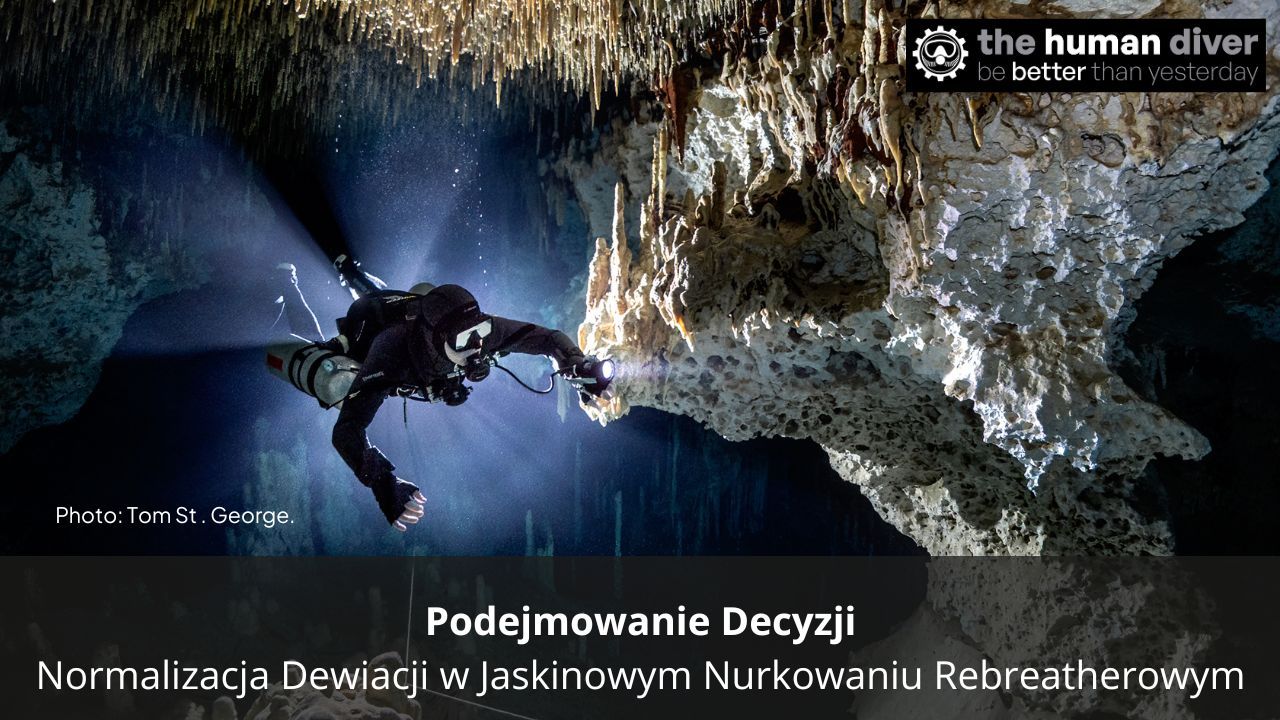
What are we pretending not to know?
Jul 16, 2023We’ve been quietly building a culture of psychological safety in our team at The Fifth Point since 2021 when we first fell down the rabbit hole that is The Human Diver.
I say quietly because it’s not one of those things where you can just send a memo out and boom, everything changes. It takes a lot of conscious effort, understanding and awareness from those that want to develop it. Building this into your team is a long game, it only gets better with time.
We’ve made progress because my fellow team leaders were on board straight away. Laura had been drip feeding aspects of Human Factors in Diving to us long before we even realised, and when James and I finally cottoned on that this was something really special, the wheels were well and truly in motion. (Sorry it took so long, Laura!)

It started slowly - I guess we used the same drip-feed tactic with the rest of the team. Plus we were learning how to apply these new ideas ourselves. We were discovering new things all the time and improving our own understanding of HF.
The biggest/best change I made was to start being vulnerable. Instead of trying to hide my f*ck ups, I talked openly about them. I started asking for feedback. I started asking for help. Over time, this rubbed off and I could see others doing the same with lots of reflection taking place. This was the first seeds of psychological safety sprouting.
This year, I wanted to more formally introduce the team to Human Factors stuff rather than covertly using it on them. It was time to share the secret sauce! We had a good enough understanding to start explaining it to others. I’d planned a training day where we’d go over the DeBRIEF model and discuss things like HALT and PACE moments and why we use them. Then, at the start of this season, just before we were due to have our team shakedown, this post popped up on the HFiD Facebook group.

I thought it was the perfect opportunity to see how far we’d come so I asked the question…
To my delight, there was no silence! And interestingly, some of my team mate’s interpretations of “what are we pretending not to know” were completely different to mine - I saw it as sticking my head in the sand, overlooking things and bending the rules. But others saw this as a more positive thing - holding back knowledge or mentioning achievements, being humble when it benefited the situation. Exploring the perceptions of others is cool!
It opened up a really frank discussion and highlighted a list of things we could change to improve communication, safety and organisation within our operation.
A few of the things we discussed included:
- Potential issues on snorkelling trips - the team didn’t feel in control of their groups because it was hard to identify their snorkellers in a sea of people wearing exactly the same kit.
- The burden placed on individual team members - one of our team is so fantastic at solving kit related issues that they’re overwhelmed at dive sites fighting fires and fixing problems. It’s hard for them to concentrate on their own divers.
- Being aware of the authority gradient that exists between staff and customers - the team felt this was preventing divers from voicing their concerns and/or making poor decisions
- Feeling unsure of the boundaries between guiding and instructing - the team had witnessed some inappropriate and potentially unsafe behaviour but didn’t feel they could correct the divers or coach them because they were fun divers rather than students.

The first two points were an easy fix - we bought a load of colourful rash vests so different snorkel groups could easily be identified. We worked on a different kit packing system that allowed all of the team to have the required information to hand and not rely on just one person (although we’re still fine-tuning this one!)
The second two points were more challenging. In order to solve these issues, I realised we had to introduce the idea of psychological safety to our divers.

Growing this culture within our staff team took time - even though we’re all on the same page, we work together regularly, and we know each other well.
Getting to this level with customers is a whole different ball game. The dynamics are constantly changing, and the team members change regularly because the relationships are different.
But I knew we had to try, and I’m glad the team picked up on it after an aborted dive.
At the end of last season, we took a bunch of fun divers out to The Farnes. The weather was poor, the water conditions sketchy, but our skipper reckoned we could find somewhere suitable to dive, so off we went to scope it out.
We had a mixture of divers on board - from salty sea dogs to green (quite literally, it was choppy!) newbies.
We found a suitable spot, there were even divers jumping in from another boat so it was definitely diveable. It was still pretty rough, and the way the tides were running meant that we only had a limited area to dive - stray too far in any direction and the current would kick us into the big swell. There was a risk that getting back on the boat could be a nightmare.
So the should we/shouldn’t we debate between the staff began.
In these situations, I always err on the side of caution. My gut feeling was not to dive. I don’t like to dive with bad joojoos and the conditions of the day coupled with a recent scary experience I’d had with this particular site were making me uncomfortable about taking divers in. I often feel that I’m overcautious and my team balance me out when needed, but today we all agreed that it wasn’t safe to dive.
It was then my job to break the news to our divers. I explained our reasoning and the general feeling in the group was that they agreed.

We headed back into Seahouses Harbour and on the way back I was mulling over the fact that none of our divers said anything, at any point, about how they felt.
There were definitely looks of relief on some faces when I told them we wouldn’t be diving. So why didn’t anyone speak up beforehand if they were uncomfortable with the conditions? If we had decided to jump in, how many would have followed even though they didn’t really want to?
I asked a few divers about this when we got back on dry land. It was clear that the authority gradient and lack of psychological safety between the staff team and customers was preventing them from speaking up. The new divers didn’t really comprehend that it wasn’t safe to dive - they would have followed us if we jumped in because they don’t have the experience yet, but they were nervous about it. The more seasoned divers didn’t speak up because they didn’t want to be the ones chickening out, they genuinely thought their experience was suitable for the conditions, or there was some sunk cost fallacy coming into play.

This is why we need to create psychological safety within the customer/staff team. It’s not ok for our divers to feel like they can’t speak up. But in our shakedown meeting, we were at a bit of a loss for how to make it happen.
I reckoned that the best place to start was for us to be vulnerable to the customers. If they can see that even if we make mistakes, then it's okay for them too. The team were concerned that if they started to model vulnerability in front of customers, they could be seen as inept. While I disagreed with this (probably because I’ve become very used to being vulnerable), I understood that I needed to help my team navigate this.
Rather than taking a drip feed approach this time, I decided to make it VERY obvious to our customers that they were in a psychologically safe environment. I don’t necessarily need them to understand the whys and the hows. I just need them to know that it’s ok to speak up. The conversations we have later will inevitably lead to us talking more about Human Factors in Diving, but for now, I just want them to feel empowered.

I wanted it signposted, I wanted to shout from the rooftops about it, I wanted them to know… so I designed an 8ft high display right next to our training tank where every single customer would see it.
Every diver comes into our training tank, whether a student or a fun diver. The seeds are sewn and we’ll work out how best to apply everything as we go along - just like we did in the staff team. The foundations are there to start having open conversations and being vulnerable.
We’ve still got a long way to go with it and we’ve got plans to share the secret sauce with divers too. But just like it did with the staff team, it’s going to take a while to create this culture with the customer team.
If you like this idea, you can download the design to use as you need. There are templates for posters and postcards and editable Illustrator files to allow you to create any size display.
Good things come from asking hard questions!

You can find a whole bunch of blogs relating to psychological safety here on The Human Diver site by clicking on the tags on the bottom (mobile device) or right (web browser) https://www.thehumandiver.com/blog?tag=psychological+safety
This series of four will give you an insight into the four stages that Dr Timothy Clark talks about and how they relate to building an effective team.

Nic is a PADI Course Director and co-founder of The Fifth Point and The Honest Diver Supply Co. She is passionate about marine conservation and has recently developed a keen interest in Human Factors in Diving.
You can get hold of Nic and her team at Fifth Point Diving via these two links.
Want to learn more about this article or have questions? Contact us.




